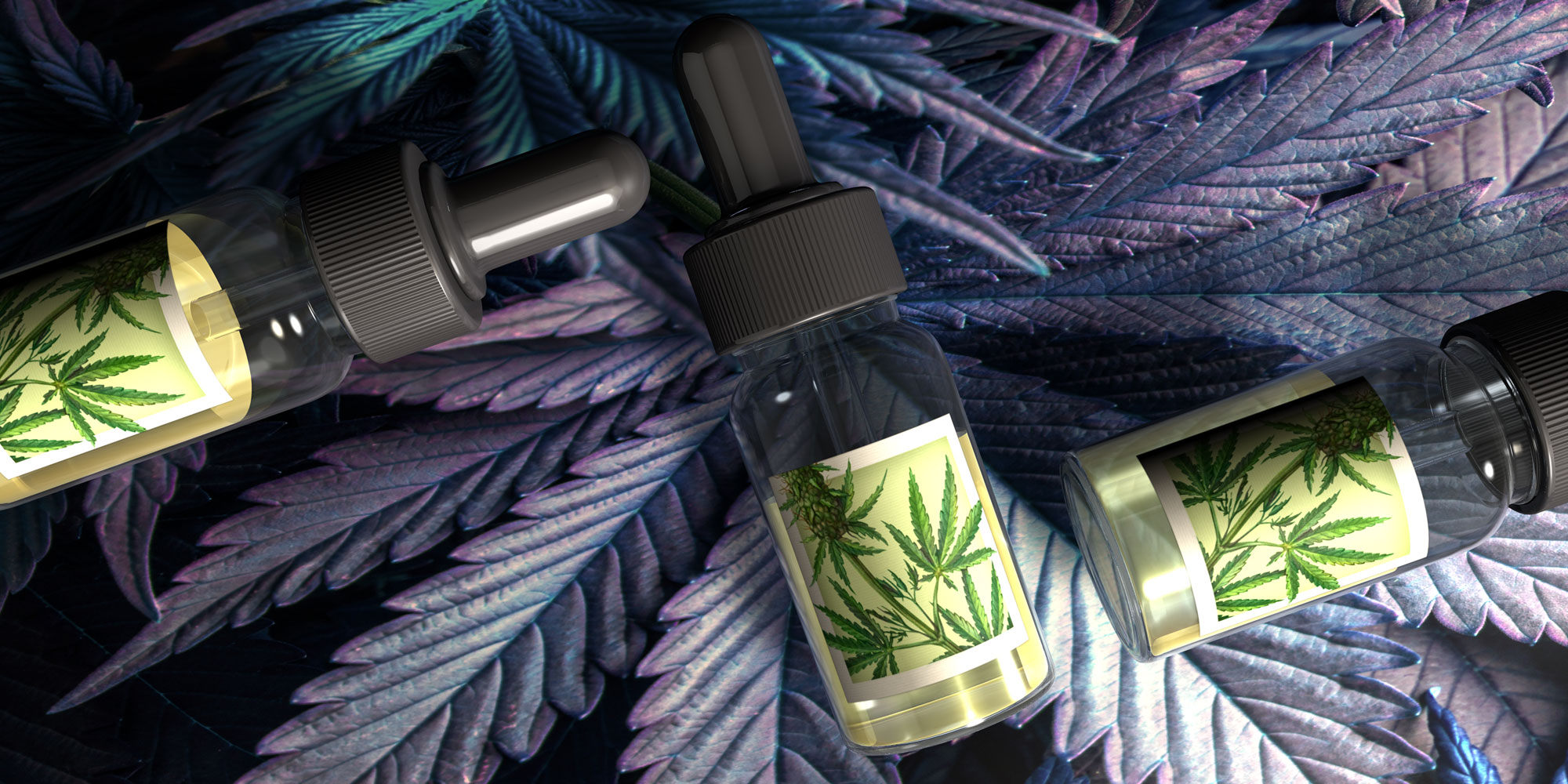Oil appears to be popular these days as a cure for a variety of problems, including stress and pain. The legalization and acceptance of marijuana in many places have resulted in a flood of CBD oil products on the market. CBD oil – infused lattes, gums, sweets, lotions, and beauty goods can be found practically anywhere, with supporters touting their medicinal properties.
However, none have been approved or controlled by the Food and Drug Administration (FDA) in terms of dosage, formulation, or route of administration.
CBD oil has been used consistently in the treatment of conditions such as chronic pain, anxiety disorders, cancer treatment, multiple sclerosis, post traumatic stress disorder, and for other health benefits. To know more about buying CBD oil Australia and other hemp seed oil benefits, you should book a consultation session with a professional from Chronic Therapy today.

And while hemp oil or CBD oil derived from the cannabis plant does not appear to be addictive, it has not been proven safe for pregnant or breastfeeding women.
What is the Use of CBD oil?
CBD oil is created by extracting CBD from the cannabis plant and diluting the essence with a neutral, typically edible oil. Unlike THC, marijuana’s most active chemical — and the one that gets you high — CBD is promoted for its therapeutic benefits but does not get you high.
CBD oil is used by placing a few drops under the tongue, applying it to the skin, or breathing the oil vapor. Proponents claim it has a relaxing impact that aids in stress relief and sleep.
Most CBD oil users are looking for help with insomnia, pain, anxiety, depression, or nausea. While there is research into its use as a treatment for a number of more serious conditions such as epilepsy, schizophrenia, Parkinson’s disease, multiple sclerosis, anxiety, and even traumatic brain injury, doctors warn that it can interfere with other medications and cause side effects such as depression.
Is it Safe to take CBD oil While Pregnant?
While there has been little study on the usage of CBD oil during pregnancy, doctors advise against it.
pregnant women or planning to become pregnant women are advised not to consume marijuana or any of its derivatives, including medical marijuana.
Research indicates that marijuana usage during pregnancy can result in smaller kids with lower birth weights and other undesirable effects. As a result, well-respected medical associations across Australia all advise pregnant women not to smoke, vape, or consume marijuana derivatives.
Don’t be surprised if you drank a CBD-infused beverage before discovering you’re pregnant (but do mention it to your practitioner). Though there is evidence that marijuana’s active components can harm a growing infant, existing research has focused primarily on repeated, regular marijuana use among pregnant women.
If you are pregnant and considering trying CBD oil from the medical cannabis sativa plant, consult with your doctor first. He or she may advise you on other, pregnancy-safe ways to alleviate your symptoms, as well as all of the potential risks and side effects of CBD oil – for both you and the baby.

The Risks of Consuming CBD Oil While Pregnant?
Comprehensive research on CBD products from hemp plant and its effect on healthy pregnant women do not yet exist. Even the lowest-dose products, however, are not thought to be safe during pregnancy.
According to research, when mothers smoke or consume marijuana, toxins penetrate the placenta and reach the fetus. Exposure to marijuana may alter normal fetal brain development and raise your chances of having a smaller or even stillborn baby, while there is no evidence that CBD oil alone has the same concerns.
Nonetheless, CBD oil is a very new and uncontrolled market. There have been numerous complaints of items promoted as “pure” CBD being tainted with things that should not be around a growing baby, including THC, pesticides, harmful metals, and pathogens.

Is it Safe to Use CBD oil While Breastfeeding?
While there has been no research on the usage of CBD oil while breastfeeding, experts advise against it as well. According to research, toxins taken during marijuana usage can be transferred through breast milk, potentially damaging your child (though there are no studies that directly show how CBD oil could affect a nursing baby).
Another reason to avoid CBD oil while breastfeeding: It may cause you to feel sleepy or slightly intoxicated, putting your judgment in danger while caring for your child.
Are there CBD oil Alternatives for Pregnant or Breastfeeding Mothers?
During pregnancy, your body provides a warm, caring environment for your baby while also causing a slew of unpleasant symptoms in you.
Surging hormones, changing fluids, and a growing hump in your abdomen can trigger nausea (particularly in the morning and at any time of day), insomnia, moodiness, and worry. Coping with drugs or alcohol is not safe, but there are other solutions for managing your symptoms and feeling better:

Nausea
One surprise method for preventing nausea is to eat, even if the thought of food makes you sick. Consume smaller snacks and meals more frequently, and make sure your stomach is never fully empty (this is when you’re more prone to retch).
Always have plenty of food on hand. Ask someone who isn’t dizzy from nausea to go to the market and stock your kitchen with tummy-soothers like plain crackers, bananas, and soups, and keep something to eat by your bedside.
Avoid spicy, fried, or fatty foods, which can cause stomach trouble even if you aren’t pregnant. Some expectant mothers swear by ginger, either in sweets or steeped and drank as tea. Others claim that crunching ice or drinking fresh lemon juice helps them feel better.
If these and other drug-free nausea treatments don’t work, consult your doctor about prescription medicine for severe nausea. And keep in mind that there is no evidence that marijuana, in any form, helps with morning sickness.
Insomnia
If you’ve tried warm milk, bubble baths, and foot massages to help you sleep throughout your pregnancy, talk to your doctor about over-the-counter or prescription drugs that are safe to take.
Regardless of how tired you are, don’t use any sleep aids, including herbal teas or “natural” supplements, without first visiting your practitioner.
Depression and Anxiety
Even if you’re overjoyed about your pregnancy, mood swings, irrational concerns, and crying outbursts might strike when you least expect them. Hormonal fluctuations, a changing physique, social isolation, and a lack of sleep can all conspire to make you feel worried, agitated, or depressed.
What should I do? According to research, conversation therapy, light treatment, and taking care of yourself can help you feel better. Share your feelings with your doctor, and don’t take any medications without his or her approval. Some antidepressants are safe to use while pregnant.
Carrying a baby and caring for a newborn are both emotionally and physically demanding experiences. But resist the temptation to try CBD oil. There’s evidence that it’s not safe for you or your kid, and there are plenty of other options to help you deal with the unpleasant side effects of pregnancy and the postpartum period.
Other resources: CBD Oil and Constipation: Does It Help?

